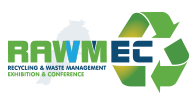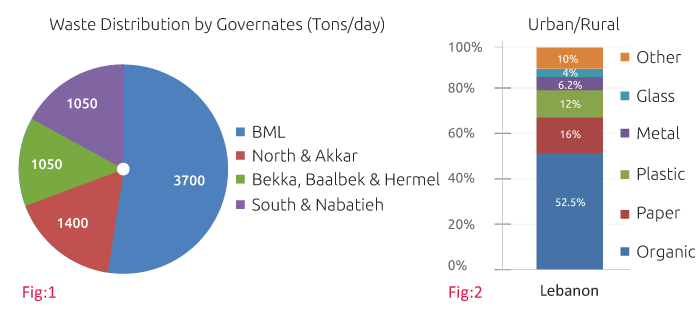
Waste management is one of the biggest environmental challenges in Lebanon. The waste stream is steadily increasing in volume, especially with respect to municipal solid waste, industrial waste, hazardous waste and agricultural waste. The composition of waste is also becoming more complex and varied, containing increasing amounts of plastics, chemicals, and electronics, placing increasing demands for sustainable waste management strategy in Lebanon in order to safeguard human health, natural ecosystems and sustainable development.
As per conservative estimates, Lebanon generates around 7,000 tons of municipal solid waste per day, out of which 48 percent is land filled, 29 percent openly dumped, 15 percent composted and only 8 percent recycled.

The Lebanese government has recently unveiled the new waste management law which lays strong emphasis on implementation of the 4Rs of waste management – Reduce, Reuse, Recycling and Recovery (of energy). Serious efforts are underway to close hundreds of dumpsites across the country and replace them with engineered landfills and waste-to-energy facilities.